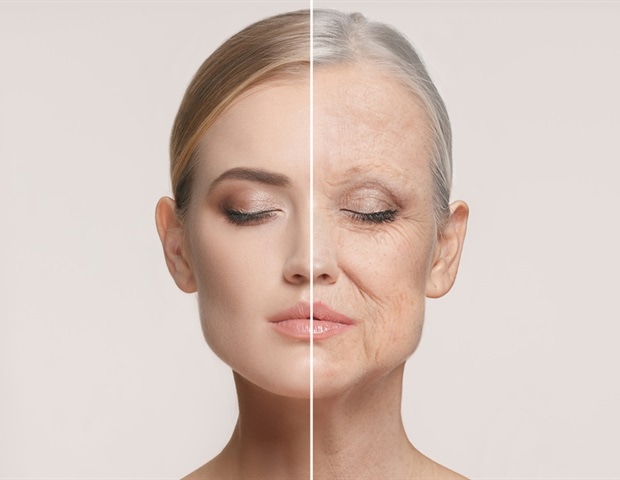Understanding the Long-Term Effects of Childhood Maltreatment
Childhood maltreatment is a profound and enduring issue that extends far beyond the immediate physical harm or emotional trauma it causes. Scientific research has consistently shown that children who experience abuse, neglect, or other forms of mistreatment are at higher risk of developing chronic health conditions, mental health challenges, and even a shortened lifespan. However, the full extent of this impact is often underestimated. Emerging evidence suggests that childhood maltreatment can alter a child’s biology at a fundamental level, leading to long-lasting molecular changes that persist into adulthood.
Recent studies have begun to uncover how these early experiences may not only affect development but also accelerate the aging process itself. Despite increased awareness of the lasting consequences of childhood maltreatment, researchers have faced significant challenges in understanding the precise mechanisms behind these biological and behavioral changes. One major obstacle is the reliance on inconsistent biological markers or subjective self-reports, which can lead to incomplete or inaccurate conclusions. Additionally, many studies have lacked the tools necessary to examine both biological alterations and social behavior simultaneously in young children.
To address these gaps in knowledge, a team of researchers from Japan’s United Graduate School of Child Development conducted a groundbreaking study. This collaboration involved several prestigious institutions, including Osaka University, Kanazawa University, Hamamatsu University School of Medicine, Chiba University, and the University of Fukui. The team aimed to investigate both the biological aging and social behavior of young children who had experienced maltreatment.
Their findings, published online in the PLOS One journal on May 30, 2025, offer new insights into how childhood maltreatment can simultaneously speed up biological aging and hinder social development. The research team included graduate student Keiko Ochiai, Assistant Professor Shota Nishitani, Associate Professor Takashi X. Fujisawa, and Professor Akemi Tomoda, among others.
The study highlights the complex interplay between environmental stressors and biological responses in young children. By examining both physiological markers and behavioral outcomes, the researchers were able to provide a more comprehensive understanding of the long-term effects of maltreatment. Their work underscores the need for further investigation into how early life experiences shape health and development across the lifespan.
This research contributes to a growing body of evidence that emphasizes the importance of early intervention and support for children who have experienced adversity. It also calls for more advanced methodologies in studying the impact of childhood maltreatment, ensuring that future research can better capture the full scope of its consequences.
By shedding light on the biological and social ramifications of childhood maltreatment, this study offers valuable guidance for healthcare professionals, educators, and policymakers. It reinforces the urgency of creating supportive environments that promote resilience and healthy development in vulnerable children.







